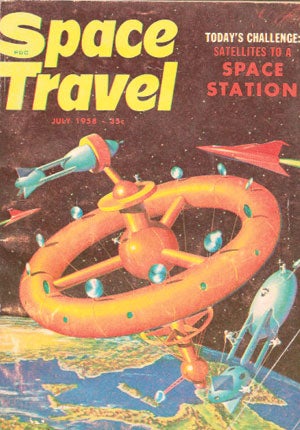Out of this World: Science Fiction, British Library, London

Your support helps us to tell the story
From reproductive rights to climate change to Big Tech, The Independent is on the ground when the story is developing. Whether it's investigating the financials of Elon Musk's pro-Trump PAC or producing our latest documentary, 'The A Word', which shines a light on the American women fighting for reproductive rights, we know how important it is to parse out the facts from the messaging.
At such a critical moment in US history, we need reporters on the ground. Your donation allows us to keep sending journalists to speak to both sides of the story.
The Independent is trusted by Americans across the entire political spectrum. And unlike many other quality news outlets, we choose not to lock Americans out of our reporting and analysis with paywalls. We believe quality journalism should be available to everyone, paid for by those who can afford it.
Your support makes all the difference.As fascinating as science fiction may be, in this huge exhibition it is difficult to shake the impression that you are simply wandering through a particularly well-curated bookshop, in which none of the books are for sale. You can't even take the books off the shelves to read the blurbs on the back.
That isn't to say that there is not a whole lot to admire – it is just that the show is not quite as rewarding as one might have hoped.
Out of this World takes a broad view of the genre, from Lucien's True History, written in the second century AD and featuring the first known trip to the moon, to pop-up Spider-Man comics. "Serious" writers such as Jonathan Swift, Thomas More, Voltaire, Margaret Atwood, Kazuo Ishiguro and George Orwell are included, alongside genre specialists like Ursula K le Guin, Ray Bradbury and Kim Stanley Robinson.
There are some beautiful objects here. Edwin Abbot's Flatland, written in 1884, tells the story of a two-dimensional world and takes the form of a flat, fold-out piece of card. Luigi Serafini's Codex Seraphinianus is a lavishly illustrated, impossibly detailed encyclopaedia for an alien world, written in an indecipherable language. Most of the books have brilliant covers, from the primary colours of 1950s sci-fi magazines to the terse graphics of Yevgeny Zamyatin's We, a dystopian novel that influenced Orwell. It was written in Russia in 1921 but it is featured here in samizdat form, from 1980s Poland.
If you take time to read every caption – and to do so would take all day – you will learn a lot. How many people have now heard of Jane Webb? In 1827 she wrote The Mummy, a novel that first raised many of the themes that were explored much later by the man who is often considered to be the father of sci-fi, HG Wells. Webb's inclusion is part of an attempt to steer the exhibition away from a male-dominated, Anglo-American reading of the genre; as well as Mary Shelley, intriguing characters like Enrique Gaspar crop up. He was a Spanish diplomat and writer who invented the time machine in his 1887 book El Anacronopete, seven years before Wells. The exhibition also shows the ways in which issues explored in science fiction bleed into the mainstream – for instance, in 1956 Arthur C Clarke's The City and the Stars considered concepts that Hollywood got round to in the 2000s, in the trilogy of Matrix films.
The difficulty of using books as museum exhibits is well-known. The British Library has tried to compensate by incorporating objects such as a full-size Tardis, a ceiling-scraping model of an alien machine from The War of the Worlds and some rather gorgeous moon globes – which are just that, globes of the moon – made in 1797. There are also some notable manuscripts and first drafts, cartoons by William Heath that mock the "March of the Intellect" and the sheet music for Doctor Who. But old-fashioned books dominate, which can seem strange in an exhibition that is devoted to looking at the ways writers have imagined the future.
As an exhibition, this show is flawed. As a reading list, it's from another planet.
To 25 September (020 7412 7332)
Join our commenting forum
Join thought-provoking conversations, follow other Independent readers and see their replies
Comments